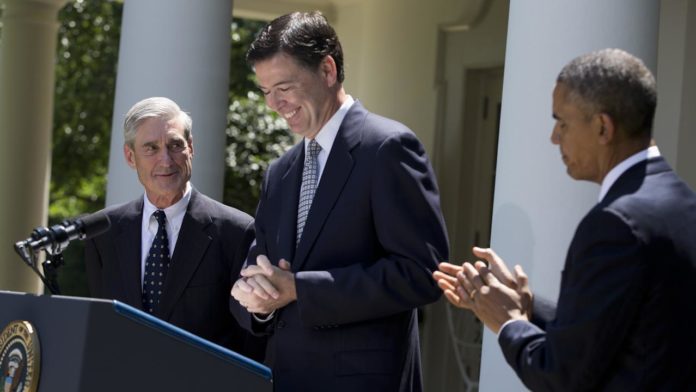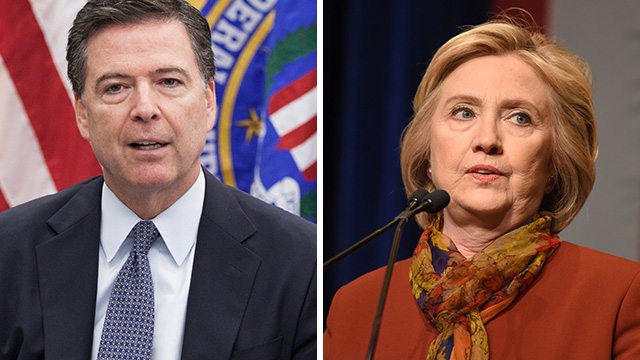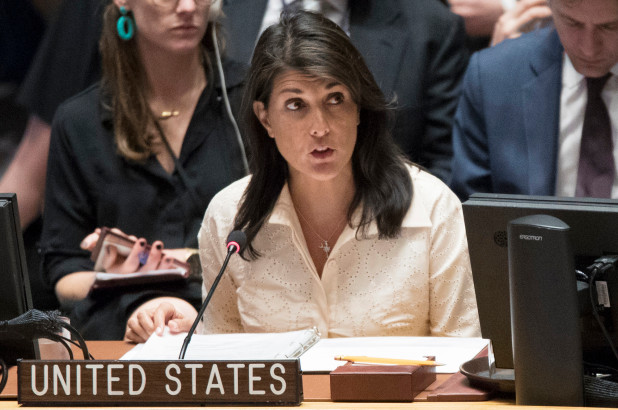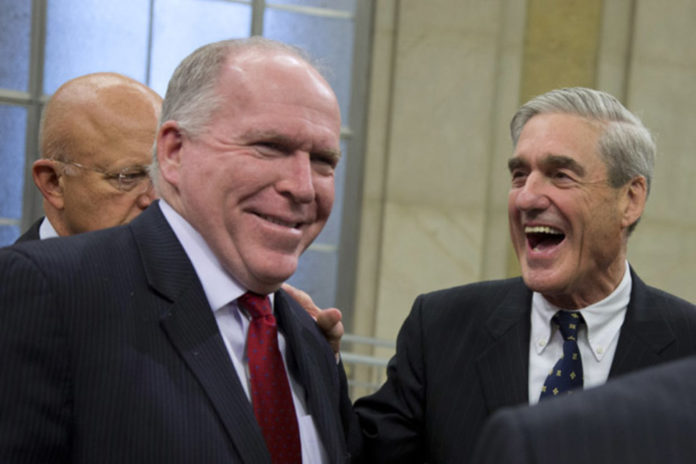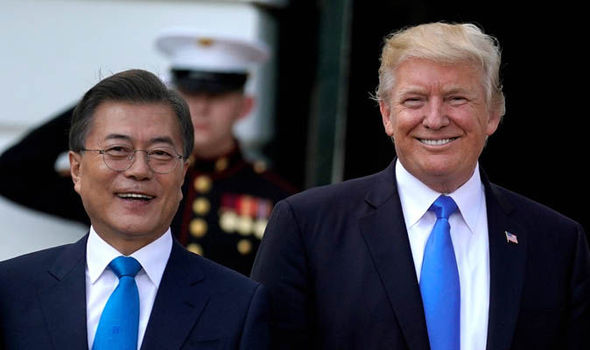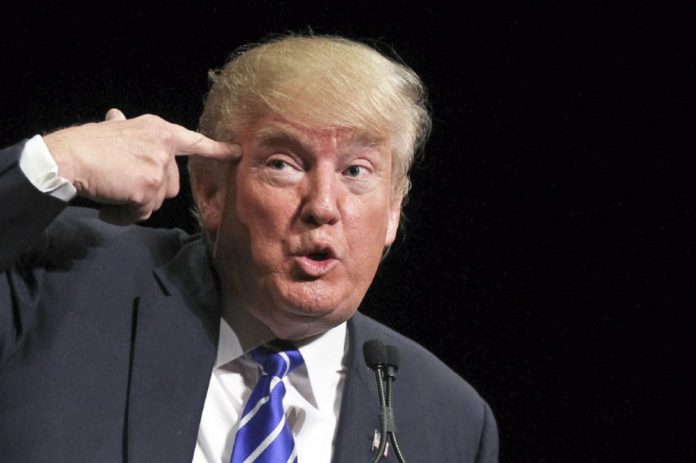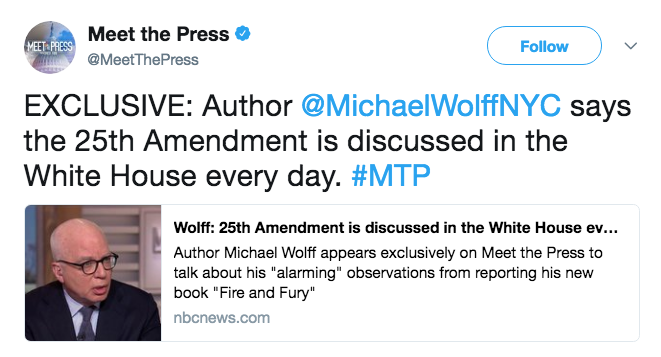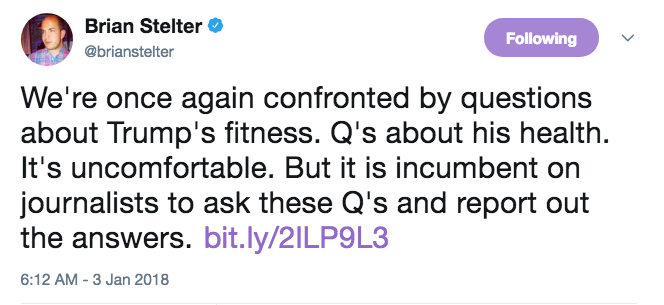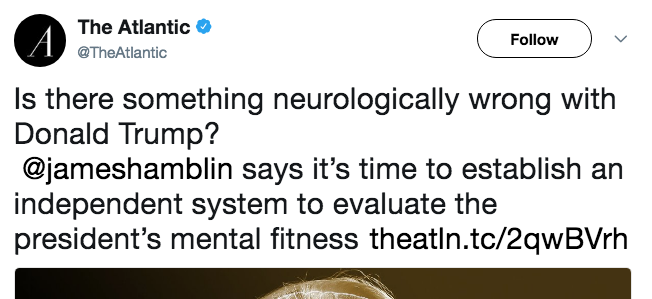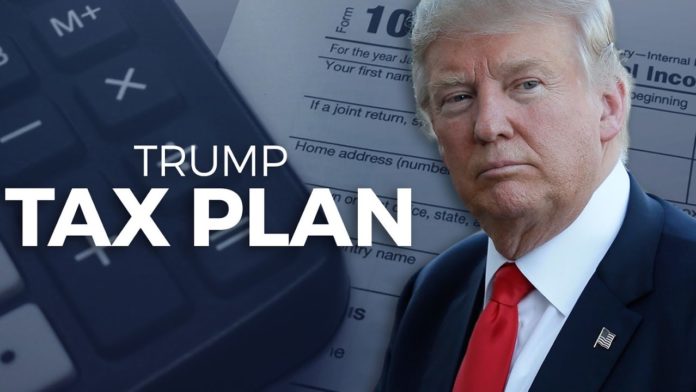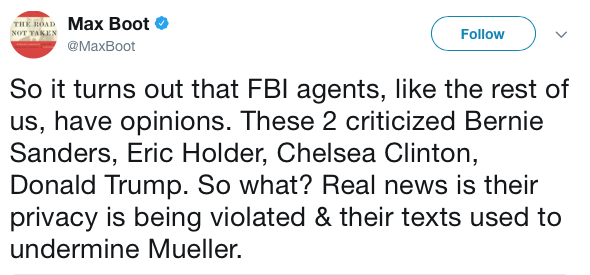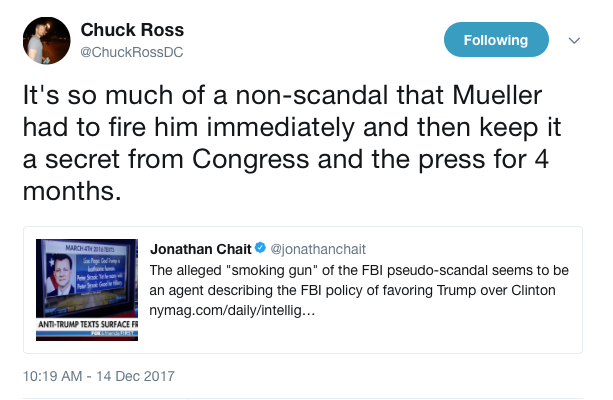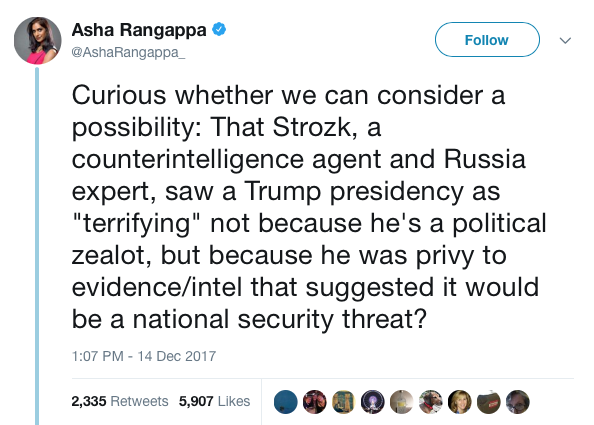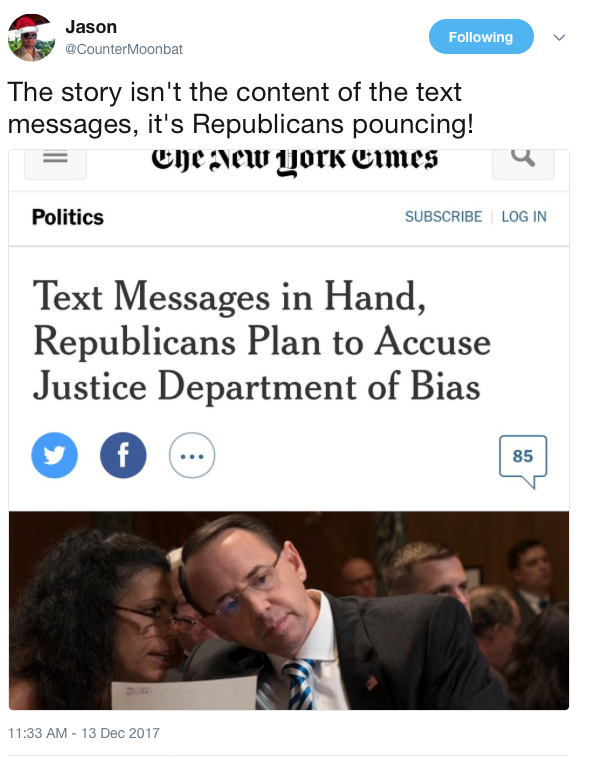Would you do everything you could to determine whether you could trust a source who lied to you before relying on him to treat a U.S. citizen guilty of treason?
Here’s a hypothetical question for journalists: Let’s say you managed to convince the translator in the room during the President Trump-Vladimir Putin meeting to speak to you, and you only, on the condition of anonymity, and you’re in the midst of writing an explosive, exclusive story for your publication. As you’re writing, you look up to see BREAKING NEWS on CNN and listen as Wolf Blitzer reports the story you’re writing, with the exact fly-on-the-wall detail you received from your “exclusive” source.
So what’s your first move? Would you assume CNN must’ve convinced the Russian translator to talk to them and move on with your story without taking any action, or would you call your source to figure out where that CNN information came from? If your source denied talking to CNN, would you believe him and move on, or would you do whatever you could to determine whether you can trust this source on such an important matter? You’d want to know the answer to that question before proceeding, would you not?
A hypothetical question for editors: Let’s say you’re editing an article on a Pentagon policy change and notice a number of paragraphs that you think you may have read before in another publication. You Google the lines and find that your reporter appears to have lifted entire paragraphs of copy from another article.
So what’s your first move? Would you reflect on your reporter’s stellar reputation, assume it had to be a strange coincidence, and simply append an editor’s note saying: “We are aware that passages in this article may appear familiar to the reader, but we’re confident that our reporter would never plagiarize another writer’s work”? Or would you contact your reporter immediately to determine whether those passages were lifted?
If your reporter denied plagiarizing the paragraphs, would you believe him and move on, or would you do whatever you could to determine whether you could trust your reporter before taking any further action? You’d want to know the answer to that question before proceeding, would you not?
So here’s a hypothetical question for the FBI: Let’s say you’re putting together a secret document requesting a secret court to declare a fellow American a treasonous agent of a foreign power and grant the government clandestine access to his intimate communications. As you’re reviewing the evidence you plan to include, you discover a news article that contains information known only to your source and his employer—the same information you are planning to include in the secret FISA warrant application.
As your relationship with the source—which has included financial compensation—is predicated on his agreement not to share this information with anyone (other than his employer) outside of the FBI, it occurs to you that his possible abrogation of the agreement will reflect poorly on his credibility and judgement, necessitating his dismissal as a source, and calling into question whether you can responsibly certify his credibility in front of a FISA judge.
On the other hand, if it was his employer who leaked the information to the press, you may be able to include the source’s information in your secret FISA warrant application, as his employer wasn’t under the same confidentiality restrictions. You’re at a crossroads, and the viability of crucial information provided by your principal source is at risk.
So, what’s your first move? A significant part of your case against the American citizen—the part that, if true, proves that he was involved in private, treasonous negotiations with high-level Russian officials in Moscow in July 2016—hinges entirely on the credibility of this source, and you need to know whether you can vouch for this guy under oath.
Would you immediately contact your source to determine whether he provided that information to the reporter? If he denied leaking the information, would you believe him and proceed with certifying his information and credibility in the secret warrant application requesting the court to designate a fellow citizen an agent of a foreign power?
Or would you do everything you could—including contacting and questioning his employer, requesting to examine your source’s phone and email, and investigating his movements and travel timeline—to determine whether you could trust this source before taking any further action? You’d want to know the answer to that question before proceeding, would you not? Or would you do this?
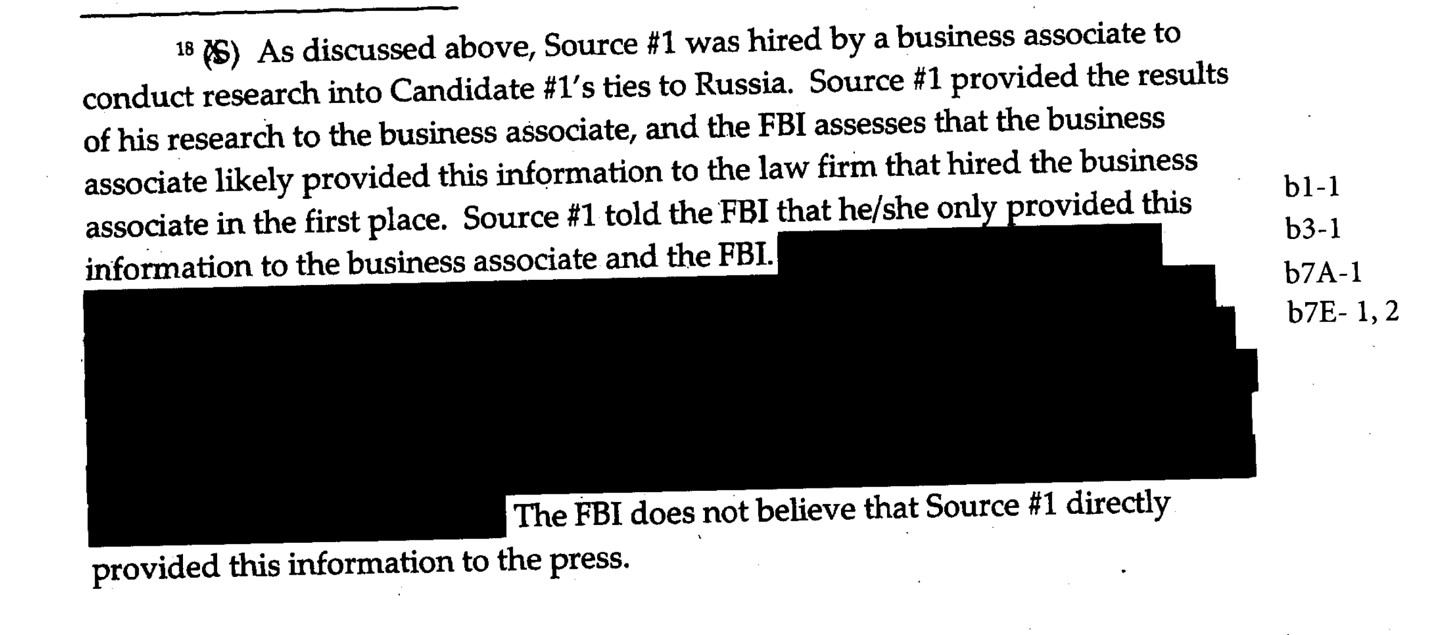
As I asked above, the FBI would want to know, wouldn’t they? And if they wanted to know, they’d have the awesome resources of the world’s most powerful investigative agency at their disposal to determine whether the “well-placed Western intelligence” source in the article was their guy, and, more importantly, whether their guy was lying to them about actively leaking sensitive investigative information to the press.
It would not seem beyond the FBI’s investigative and analytical abilities to assess the “well-placed Western intelligence source” characterization as a profoundly significant description, as their “Source #1” was, indeed, a well-placed Western intelligence source, and his employer was not.
So the question remains: wouldn’t they want to know? The answer, taking into consideration all above, is that it doesn’t seem as if they did want to know. While that’s only an opinion, there is evidence to support it. The principal piece of evidence is that Source #1 did, indeed, provide that information to the reporter, despite the FBI’s certification to the court that they did “not believe that Source #1 provided that information directly to the press.”
It is now public knowledge that Christopher Steele was the “well-placed Western intelligence” source of Michael Isikoff’s September 2016 Yahoo News article. He admitted as much in a deposition to a United Kingdom court in May 2017:
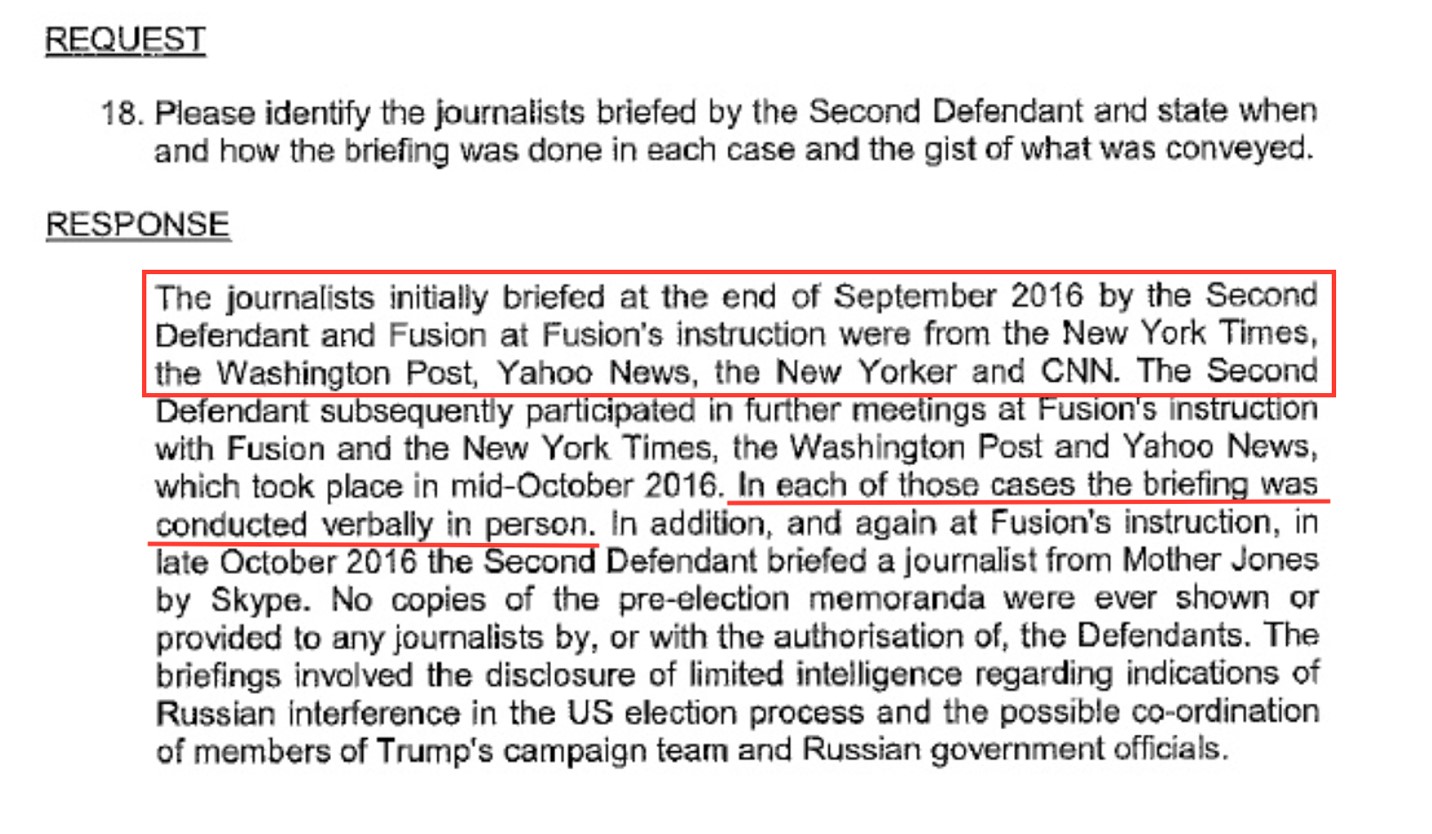
There are only three reasonable explanations for why the FBI told the FISA judge they didn’t believe Steele was the source in the Yahoo News article:
- They didn’t ask him.
- They asked him, he lied to them, and they did nothing further to determine whether he was telling the truth.
- They asked him, he lied to them, and, recognizing how crucial his credibility was to the information they were planning to present to the FISA court, they pulled out all investigative stops available to determine whether they could responsibly certify to the court that the information they provided the court came from a credible source who would not, and did not: lie to the FBI; violate the conditions of his agreement with the FBI; or leak investigative information to the press related to an American citizen that would certainly result in the citizen being publicly accused, without trial or charge, of being a treasonous Russian agent. Despite their herculean efforts, they were unable to determine whether Steele or Fusion GPS principal Glenn Simpson, was the “well-placed Western intelligence source” of the information in the article.
If you’re torn between two of the options above, consider this hypothetical: Imagine the FBI did their homework and (officially) discovered the truth: that Steele had lied to them about the leak to Isikoff, a lie that would have been uttered and discovered prior to the October 21, 2016 FISA proceeding.
This would present a challenging set of circumstances, in a legal and moral sense, to the FBI. Their source had committed a demonstrable felony—he lied to the FBI—yet a pivotal portion of their FISA application consisted of information provided by a now-felonious liar, upon whose character and credibility the FBI relied as a guarantor of the indeterminable credibility of the second- and third-removed sources who provided information to him.
Lest we forget, that information goes to the heart of the case against the American citizen the FBI asked the court to designate an agent of a foreign power, thus suspending his rights under the Fourth Amendment of the Constitution and giving the government unlimited access to his private and personal communications.
Given that hypothetical, how would the FBI describe the credibility of their source to the FISA court judge? Would it look like this?
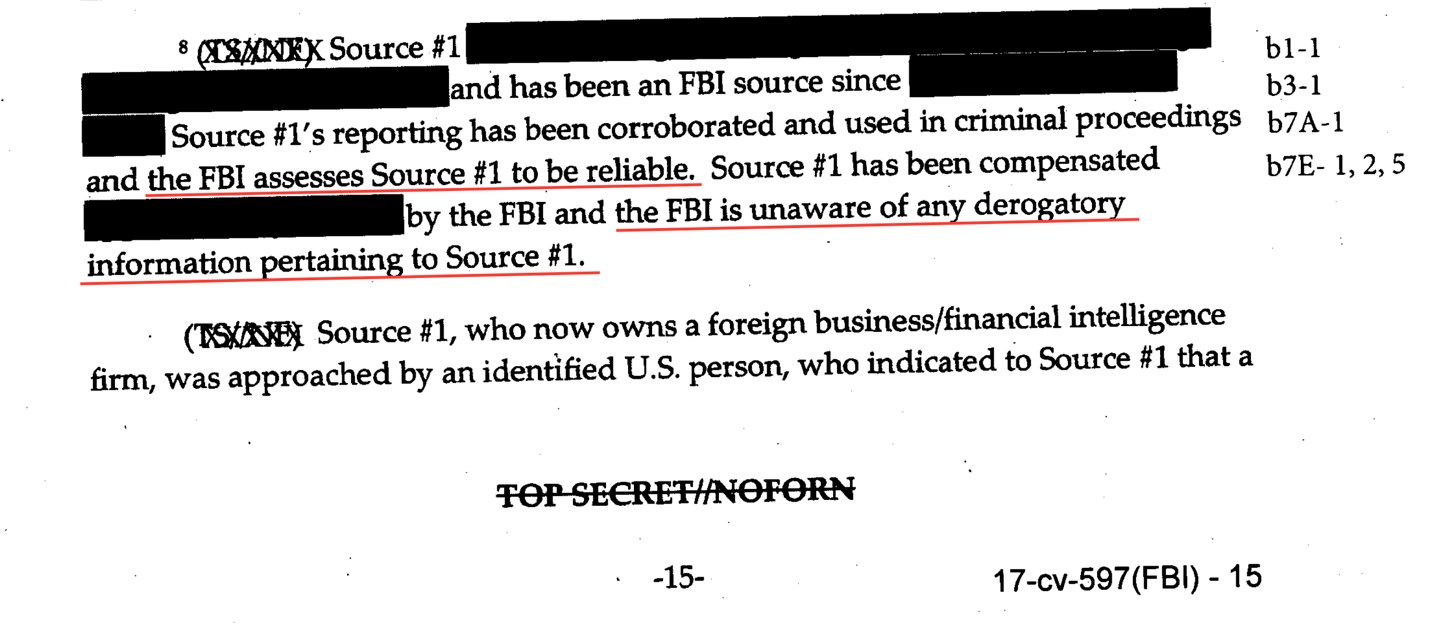
Or, would it more accurately look like this? “FLYNN’s Source #1’s false statements and omissions impeded and otherwise had a material impact on the FBI’s ongoing investigation into the existence of any links or coordination between individuals associated with the [Trump] Campaign and Russia’s efforts to interfere with the 2016 presidential election.”
Or maybe this? “Through his false statements and omissions, defendant PAPADOPOULOS Source #1 impeded the FBI’s ongoing investigation into the existence of any links or coordination between individuals associated with the [Trump] Campaign and the Russian government’s efforts to interfere with the 2016 presidential election.”
As I previously expressed here, there are any number of perils to an intelligence officer or agency “falling in love with their source”—that is, allowing the consequence of the moment to override one’s professional and moral responsibility to accurately and dispassionately handle, assess, and ensure proper disposition of a problematic source, and of the information derived from that source. It never ends well.
The facts—according to the FISA application the FBI and DOJ presented—are that Steele lied to the FBI about his leaks to the press prior to the October 2016 FISA proceeding. The FBI was either unable or unwilling to apply their awesome investigative capabilities to either prove or disprove the lie.
Had the lie been proven, or officially acknowledged, it is unlikely that the FBI/DOJ attorneys presenting the case to the FISA judge would be able to convince the judge of the credibility of their Source #1, a felonious liar.
The only way to avoid any of the above moral and legal dilemmas would be if the FBI was unable to determine whether the “well-placed Western intelligence source” in Isikoff’s article was Steele (the FBI’s well-placed intelligence source) or Simpson. That’s what they say happened. So, back to the question: They’d want to know, wouldn’t they?

